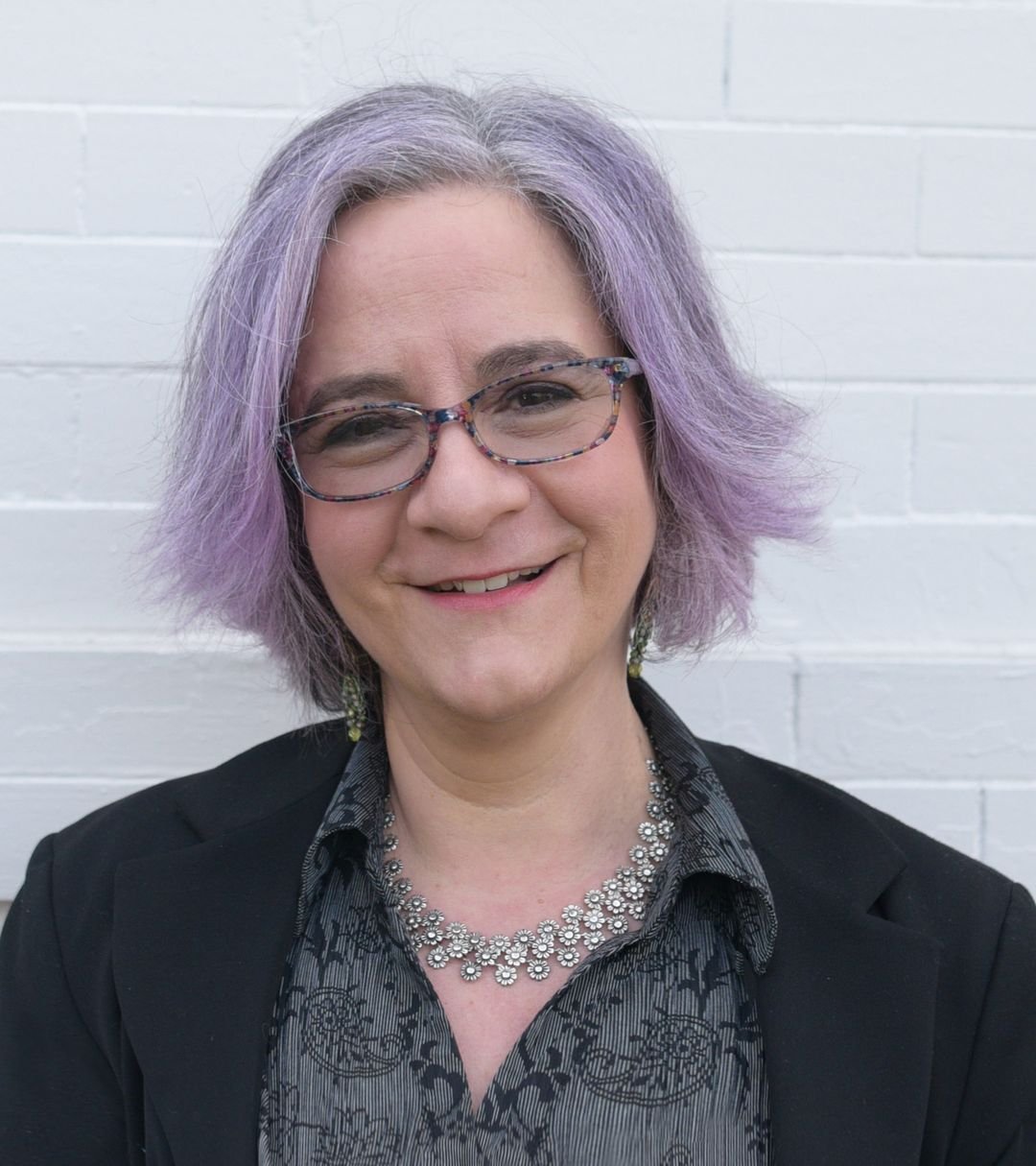The Power of Protagonism: Lessons in Participant-Driven Learning
As we wrapped up our presentations of learning this month, closing a year of collaborative work between What School Could Be and the University of Kentucky, a few clear truths emerged. After nine months exploring next generation educational leadership with 14 vertical teams from the US and beyond, we concluded that education needs to change. We recognized that old systems and expectations aren’t preparing students for the realities of our times, and that we need to let go of models that don’t serve all students. But perhaps most important was the resounding recognition that the best way to get to relevant change is through significant voice and agency—for our students and our teachers. The course asked us to survey 100 students before even beginning to talk about what needed to change in our schools, and doing so meant that every school change initiative was grounded in students’ ideas about how to improve school. It is their education, after all; why wouldn’t we want to base our transformation efforts on what participants need and want from it?
Kapono Ciotti and I landed on the term “protagonism” for such agency in our new book, The Landscape Model of Learning, because of my years as an educator and school leader in Latin America. In Spanish, the word protagonismo is commonly used as a replacement for student voice, suggesting that students are the central actors in their own learning journeys. What I’ve seen in education hasn’t always measured up to the true power and potential of the word, and student voice often plays out as limited choice, tightly controlled by the teacher. But as a term, protagonism has great potential. What might it look like, Kapono and I asked ourselves, if student protagonism were to include the highest levels of ownership and agency possible? What if agency wasn’t just a gift bestowed by the all-powerful teacher, but a central element of school culture, baked into all of our norms and systems?
Many schools and educators want to increase student agency in their classrooms, and some strive to do so in their broader systems as well. But what does high-level student protagonism look like? In many schools, the reins are still tightly held by adults. Students receive choice occasionally during the learning process, but options are usually teacher generated and limited, a multi-option “choose your own adventure” model designed by the teacher. While this approach is an important first step for teachers new to student-directed learning, much more agency is possible. Student voice goes further than choice, suggesting that students’ ideas matter, but most of us have worked in schools where even the student council is largely tokenistic, rarely included in decisions beyond the theme for prom. Do we see students in disciplinary councils? In academic councils? Do they have a voice in the design of curriculum, in hiring choices, and in determining school culture? What might it look like if we really embraced the idea of student-directed learning across all of our educational systems?
When student protagonism is at the heart of school culture, remarkable things happen. What might shift if we ask students what needs to change, and if we make sure students are at the table in every conversation about their needs? There are excellent examples out there, from schools begun during the democratic school movement of the 1970s (like the Open School in Lakewood, Colorado, the alternative school I attended from 4th-12th grade), to more recent superstars like One Stone (Boise, Idaho), where students participate in all levels and areas of the school’s function, even preparing the school’s taxes and serving on the board (see the Deeper Details session on One Stone at WSCB). At the High School for the Recording Arts (St. Paul, Minnesota), students craft a personalized pathway through the curriculum, with the support of an advisor who comes from the same neighborhoods the kids do, to ensure that the curriculum aligns with their actual needs and strengths. Schools like the Open School, One Stone and HSRA have different populations and they face different challenges, but they share the concern that schools need to hear students more—more consistently, more fully, more seriously—and co-construct systems that bring out the best in all of them.
A favorite example comes from the International School of Dakar, in Senegal, where deep work around student agency has allowed for significant positive shifts in school culture (N. Johnson, personal communication, May 29, 2022). With the support of the school board and administration, ISD’s Director of Innovation Nneka Johnson worked with students to establish listening groups where students shared their real lived experiences with diversity, equity, inclusion and justice inside the community. From there, student leaders created a council to address the themes and challenges that emerged. They developed advisory sessions on the topics for students, reformed several systems inside the school, and even developed and implemented professional learning workshops for teachers. Sessions addressed topics such as implicit biases, microaggressions, gender stereotypes, and more. Students identified racial and gender disparities in the enforcement of dress code violations, championed working to pronounce students’ names correctly, and developed new ways of thinking about the role of students in solving community challenges. Student leaders presented for the board, and now the board is working to hear from students regularly. All of this has helped to establish a new ethos for the school moving forward, based on the idea that talking directly with students will always be better than making decisions without them. The slogan of this work, adapted by students from something they found online, is “Nothing about us, without us, is for us” (N. Johnson, personal communication, May 27, 2022).
Protagonism is not just for students, however; teachers also need to be true stakeholders in the systems we build in schools. We are currently facing a very serious teacher shortage in the United States, as thousands of frustrated educators are leaving the profession in droves. The reasons behind this exodus are many, but the solution may well be the same: protagonism. When educators feel heard, not in a tokenistic way but in a real way, and they know that their voices and needs are at the heart of decisions made by administrators and legislators, they don’t suffer the same levels of burnout and disillusionment. Just as students need the space to make significant choices about their learning in the classroom, adults need the space to make meaningful choices about their classroom practices, by which I mean that teachers deserve the flexibility and autonomy to respond to the needs of the students they serve. They also need more voice in the professional learning they undertake, rather than being subjected to the one-size-fits-all professional development model we know is just as problematic for teachers as lock-step standards are for students—and for basically the same reasons.
In the end, humans are not standard, and neither are their needs; each child in our care is a whole person, someone who brings his/her/their life experiences, talents and needs, and family aspirations into the schoolhouse with them every day. The same is true of our teachers. In the course of our research, Kapono and I found that schools with more agency in the form of a deep and meaningful culture of protagonism, for both students and faculty, can more effectively support the learning needs of the individual as much as the collective needs of the entire community, a concept we refer to as “inclusive prosperity” in our new book. Only when we listen to our students and teachers, and see them as whole human beings, can we effectively support each of them on their personal pathway through learning. Protagonism is about recognizing that basic, inherent humanity in each member of our educational communities, listening to their voices, and trusting that what we can do with them is far greater than what we can possibly accomplish without them.
___________
Jennifer D. Klein is the CEO, Principled Learning Strategies, Author of "The Global Education Guidebook," as well as a Speaker, Facilitator, and Coach

